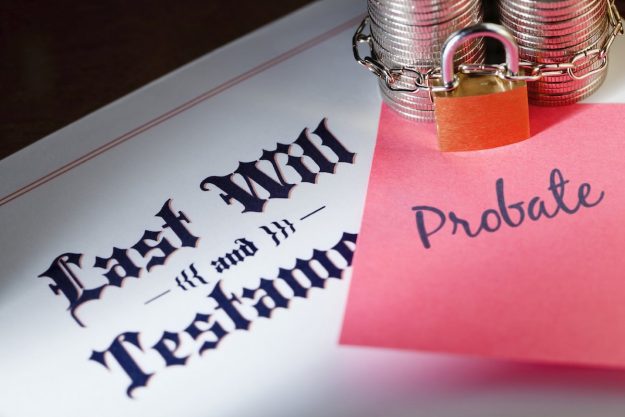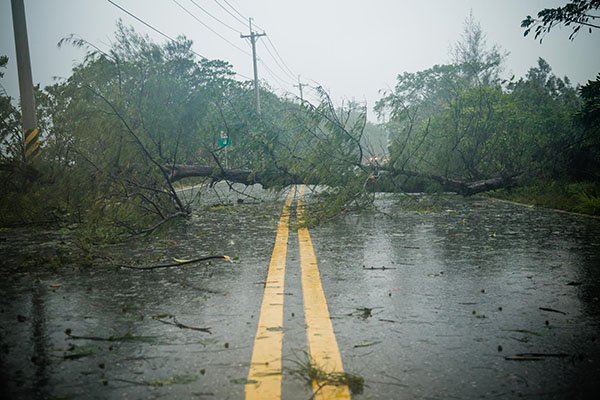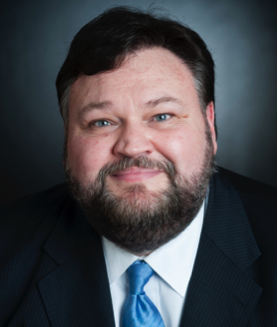Rod Genders is a senior Australian lawyer specialising in Wills and Estate Planning, Probate and Estate Administration, Trusts and Guardianship and Inheritance Claims and Contested Estates in South Australia. His boutique specialist law firm, which was founded on 1848, is one of the oldest and most respected in Australia. Rod is an international author and speaker. Rod is the 3rd generation of Genders in the law and has been practising specialised law since the mid 80’s. For over 10 years he served on the Council of the Law Society of South Australia and is a senior member of its Succession Law Committee. For 8 years Rod was a founding committee member of the South Australian branch of the London-based Society of Trusts and Estate Practitioners (STEP) and was the founding Chair of the international STEP Digital Assets Special Interest Group. For over 25 years Rod has chaired a private committee enquiring into the affairs of protected persons. He is a member of the Law Council of Australia, a member of the Notaries Society of South Australia and an associate member of the American Bar Association.
If you’ve been named the executor of a Will, you might experience a wide range of emotions upon your loved one’s passing.
In addition to going through the grieving process, you might feel overwhelmed by your responsibilities in carrying out the deceased’s wishes.
You may have even heard horror stories about probate that leave you wondering where to begin, but you can relax knowing that your specialist estate lawyer at Genders & Partners can help you navigate any obstacles you face regarding probate & deceased estates in Adelaide.
Australian women’s life expectancy is now at its highest ever recorded, and is one of the highest in the world, according to recently released research from the Australian Bureau of Statistics.
The average life expectancy for females is now 84.6 years and for males it is 80.4 years, and these figures demonstrate huge gains in life expectancy over the last century since the Aged Pension was initially introduced in Australia in 1909 when the average life expectancy was below the eligibility age.
At that time it was anticipated that most people would not live long enough to receive the pension, and those that did would not get it for long.
Your loved one has entrusted you to administer their estate, and you probably feel overwhelmed with the burden of this responsibility in the midst of your grief. Depending on the size of the estate, your duties can become quite complicated, but the Adelaide Probate & Estate law specialists at Genders & Partners can guide you through the process to ensure that you carry out your responsibilities with a minimum of stress.
Locating the Will and Safeguarding Assets
As executor, your first job after the person’s death is to locate the original Will, which may be with the deceased’s important papers or held securely at a trustee company or lawyer’s office. If you do not have the original in hand right away, you can still work with a copy to familiarise yourself with the contents and make funeral arrangements according to the person’s wishes.

Blended families include children form previous relationships (step-children). They are growing quickly in number, but many people do not stop and think about the implications on children from previous relationships if they die without a Will. It is a dangerous assumption that the law will automatically protect your biological and step children, as numerous scenarios can preclude or reduce the amount that they receive after you die if you do not seek the counsel of an experienced Wills lawyer in Adelaide.
What Happens If You Die Without a Will?
South Australian law provides that, depending on the size of your estate, your children from previous relationships may receive nothing if you die intestate. For estates valued at less than $100,000, the entire estate goes to the surviving spouse or domestic partner unless a valid Will is in place. For larger estates, your spouse is entitled to the first $100,000, your personal belongings and half of the estate’s balance. Without litigation, at best your children will receive equal shares of the remaining balance (if any).
Deciding how you want to live out your last days is a touchy subject for most people, but if you don’t take the time to do so now, you and your loved ones could end up suffering needlessly. While you are still of sound mind, you need to determine whom you trust to make decisions about your lifestyle and medical care if you are ever incapacitated.
An expert Adelaide estate planning lawyer can document your end-of-life wishes with an Advance Care Directive to help you attain peace of mind about your future and get back to the business of living in the moment.
Failing to keep your estate planning documents safe can cause major complications, for you and your family.
In South Australia, the simple form of Probate, known as a Grant of Probate in Common Form requires production and surrender of the Last Will and Testament of the deceased. This means that the original signed document must be located as a matter of priority. Otherwise the executor may not be able to deal with the assets of the deceased.
If the original Will cannot be located, the situation may not be hopeless. A different form of Probate, called a Grant of Probate in Solemn Form, may be attempted with a draft or copy of the last known Will of the deceased.
Families aren’t always easy. We’re bound to them by blood and history, circumstance and duty. We love them, and sometimes, if we’re really lucky, we like them too. We rarely get to choose them.
At some point in our lives almost all of us will experience some challenging times in dealing with individuals in our family.
It could be the consequences of dealing with misfortune such as illness or unemployment.
It could be your son’s unfortunate choice of girlfriend.
Maybe someone has an inflated sense of entitlement & expectation, or is lacking in appreciation for what you’ve done for them.
What is a testamentary guardian, and why do I need one for my children?
A testamentary guardian is an adult nominated in a parent’s Will to care for their minor children in case both parents die before the children turn 18.
When we have young children, we understand that if one parent dies, the other parent will automatically retain parental responsibility. But in case both parents die prematurely, each needs to nominate in their Will an alternate testamentary guardian for their minor children.
Otherwise your children may end up in a home you wouldn’t choose for them, being parented in a way that’s not in accordance with your values.
We all like to think of ourselves as resilient and adaptable to change. But all too often we only visualise ‘change’ of our own making, in our own good time.
It’s quite a different thing to deal with change that is forced upon us by outside forces.
The newsfeeds have been full of the deadly hurricane which wreaked havoc on the US state of Texas at the end of August 2017. This has highlighted the importance of risk management strategies to ensure that all of us can survive severe interruption.
With all the recent talk about Australia’s ageing population, changes to superannuation and media speculation about the possible return of death duties, this timely interview reveals senior legal specialist Rod Genders from the oldest law firm in South Australia dishing the dirt on:
- how estate companies make their fortunes from “free” Wills
- how to save your family over $10,000 when they administer your deceased estate
- how to avoid Government bureaucrats taking control of your finances, accommodation, health & medical decisions
- plus much more.


















